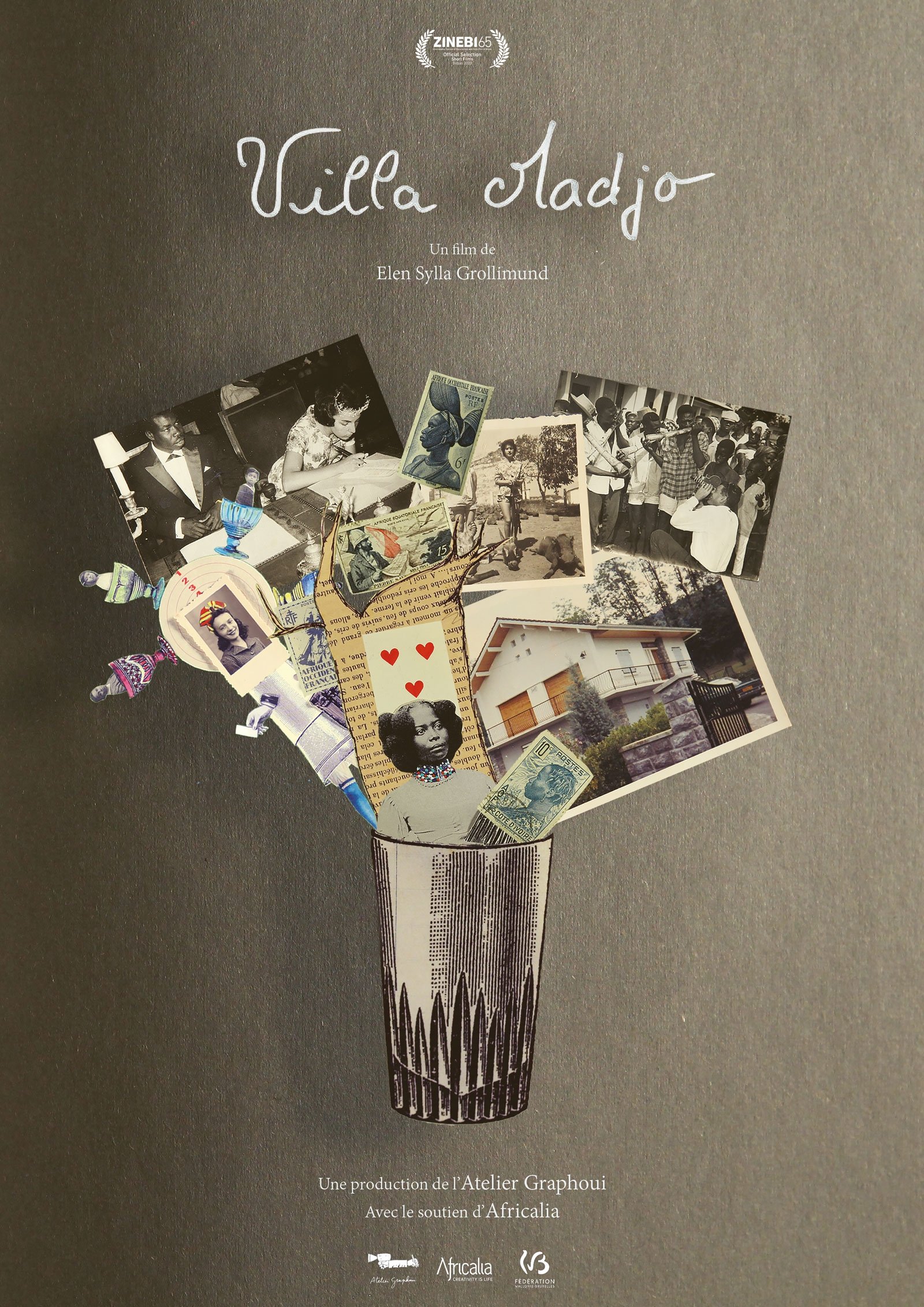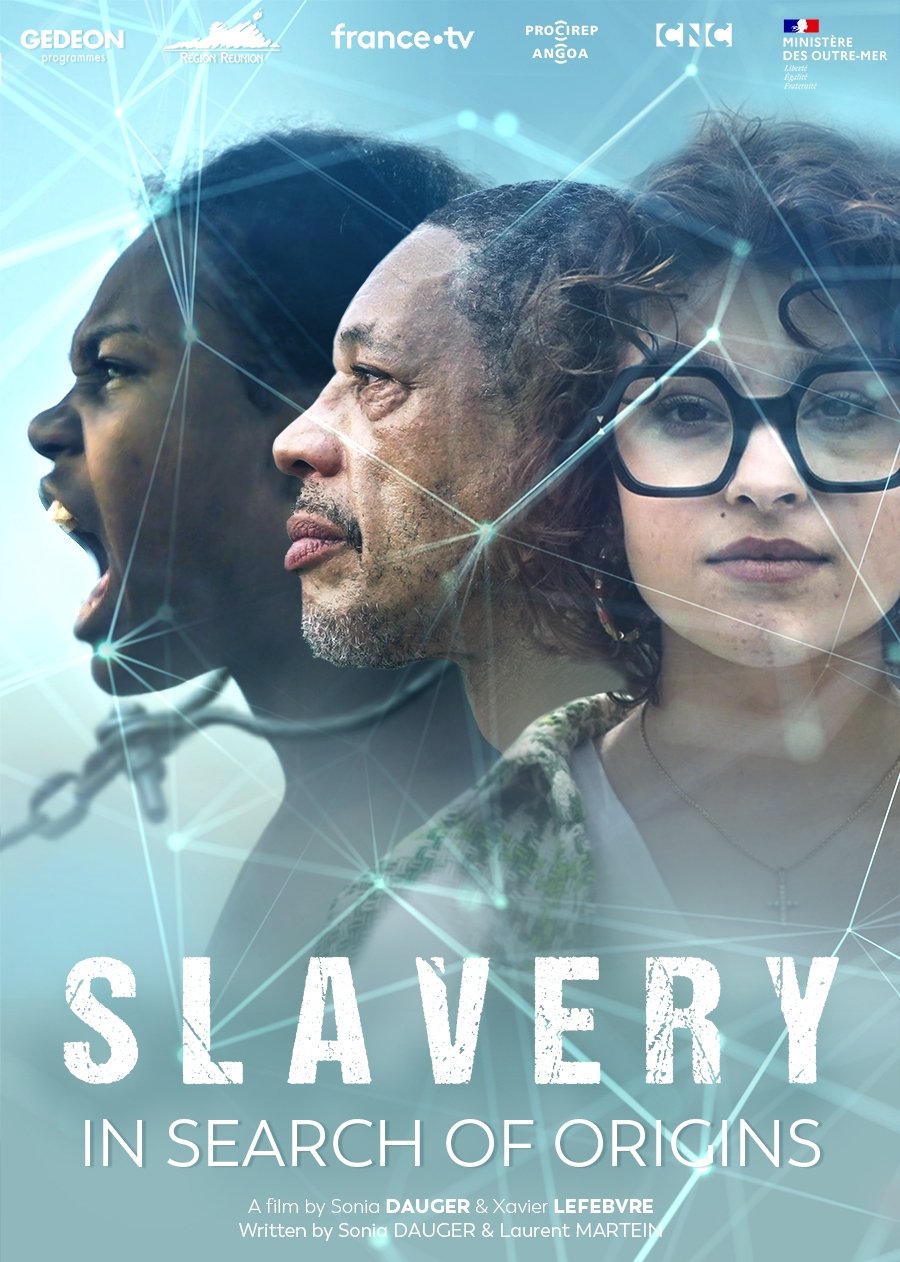Ali in Wonderland (1975)
• January 1st, 1975 • 0h 59min
Documentary
Overview
Ali in Wonderland unveils the condition of immigrant workers in Paris in the 1970s. It is a cry of anger against exploitation and racism, uncompromisingly raising the role of the French state, the media, capitalism, and colonization in this system of domination that crushes those who suffer it. In this experimental essay on the condition of Algerian migrants in Giscard's France in the mid-1970s, every aesthetic choice has a precise and legible political motivation and gives body and voice to a figure completely absent from the experimental cinema of the time: that of the immigrant worker. Abouda is one of the children of immigrants seen in the film, and not a simple activist serving a cause, which is why the emotion of her experimental gesture, which she throws in the viewer's face, springs from a ferocity inscribed in her body, from an insatiable anger that inhabits her gaze.
Make sure to check your pop-up blocker!!
Trailer
Similar Movies

Mayor of Lowell
Released on: 2025-03-21
Adventure, Documentary, History, War
This short documentary chronicles the culture and arts of Cambodian Americans and the Lowell, MA com...
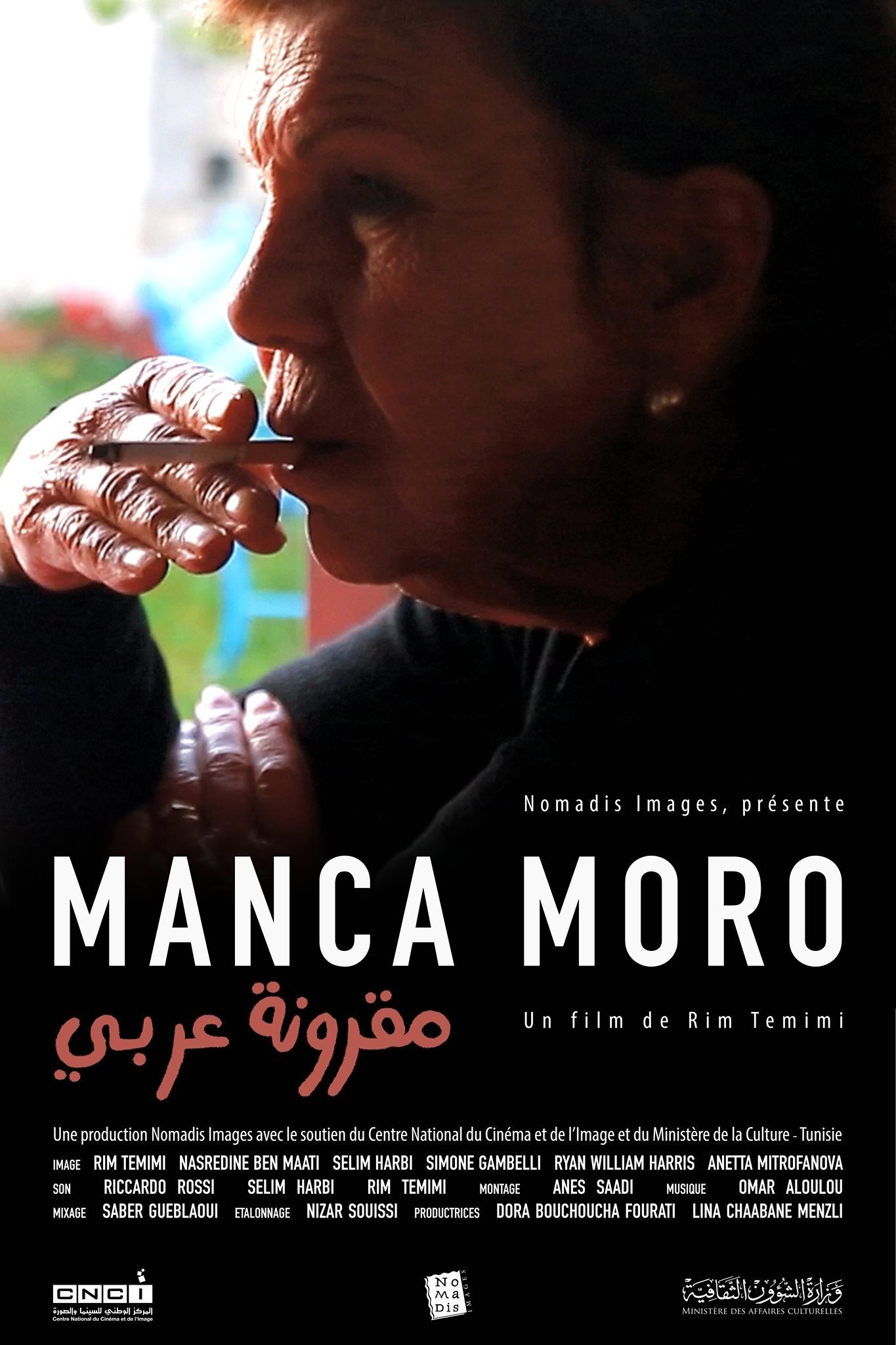
Manca Moro
Released on: 2021-08-25
Documentary
Born to an Algerian father and a Sicilian mother in Tunisia, I have always been wealthy of three cul...

Sawt Echaâb
Released on: 1961-01-01
War, Documentary
“La Voix du Peuple,” composed of archival photographs by René Vauthier and others, exposes the root ...

An Unhealed Wound - The Harkis in the Algerian War
Released on: 2010-09-20
Documentary, War, TV Movie
It's the unforgivable story of the two hundred thousands harkis, the Arabs who fought alongside the ...
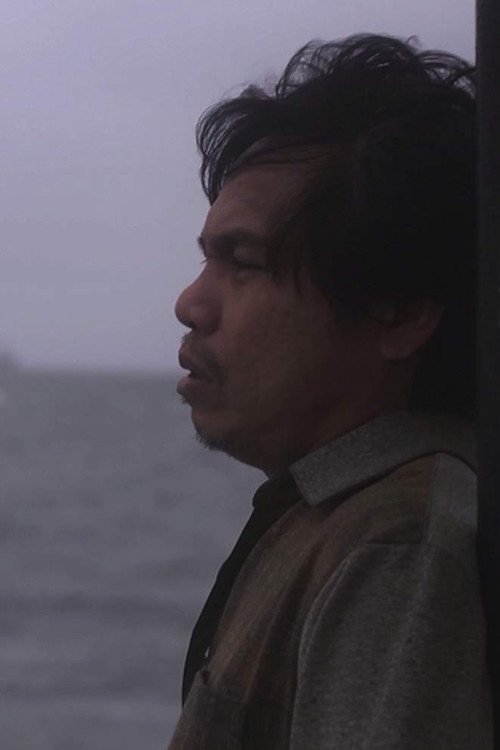
Polaris
Released on: 2012-06-27
Documentary
Work. Eat. Sleep. And back to work. For a long time skippers in the North East of Scotland could not...

Abd El-Kader
Released on: 2014-01-14
Documentary
Illustrated with archival photographs, animations and live action, this film explores the history an...

Gerboise Bleue
Released on: 2009-02-11
Documentary, Drama
"Gerboise bleue", the first French atomic test carried out on February 13, 1960 in the Algerian Saha...
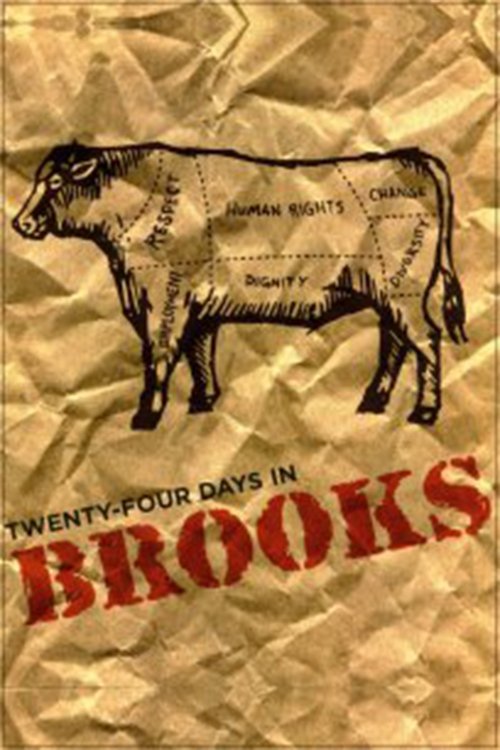
24 Days in Brooks
Released on: 2007-01-01
Documentary
Over the course of a decade Brooks, Alberta, transformed from a socially conservative, primarily whi...

Lost Mountain
Released on: 2020-01-01
Documentary
On November 1, 1954, the National Liberation Front of Algeria announced the war for the country's in...

La Bataille d'Alger, l'empreinte
Released on: 2018-01-01
Documentary
Cheikh Djemaï looks back on the genesis of Gillo Pontecorvo’s feature film, The Battle of Algiers (1...
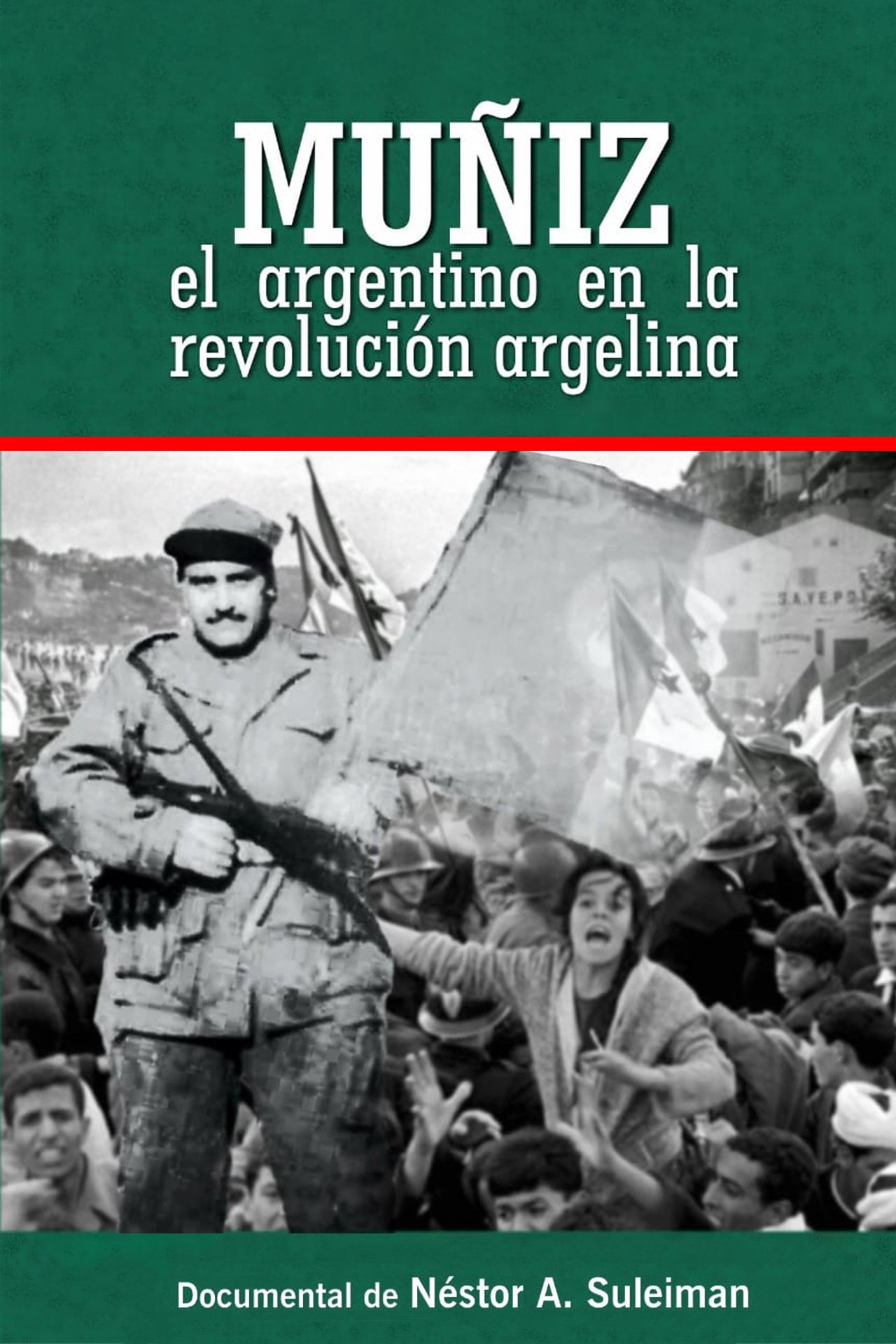
Muñiz, The Argentinian In The Algerian Revolution
Released on: 2020-08-11
Documentary, History
Roberto Muniz, nicknamed "Mahmoud the Argentinian," was a revolutionary fighter who joined the Natio...

They Chose Algeria
Released on: 2007-01-01
Documentary, History
Many of them participated in the struggle for Algerian independence. There are "those who believed i...

Propaganda: Engineering Consent
Released on: 2018-05-29
Documentary, History, TV Movie
How can the masses be controlled? Apparently, the American publicist Edward L. Bernays (1891-1995), ...
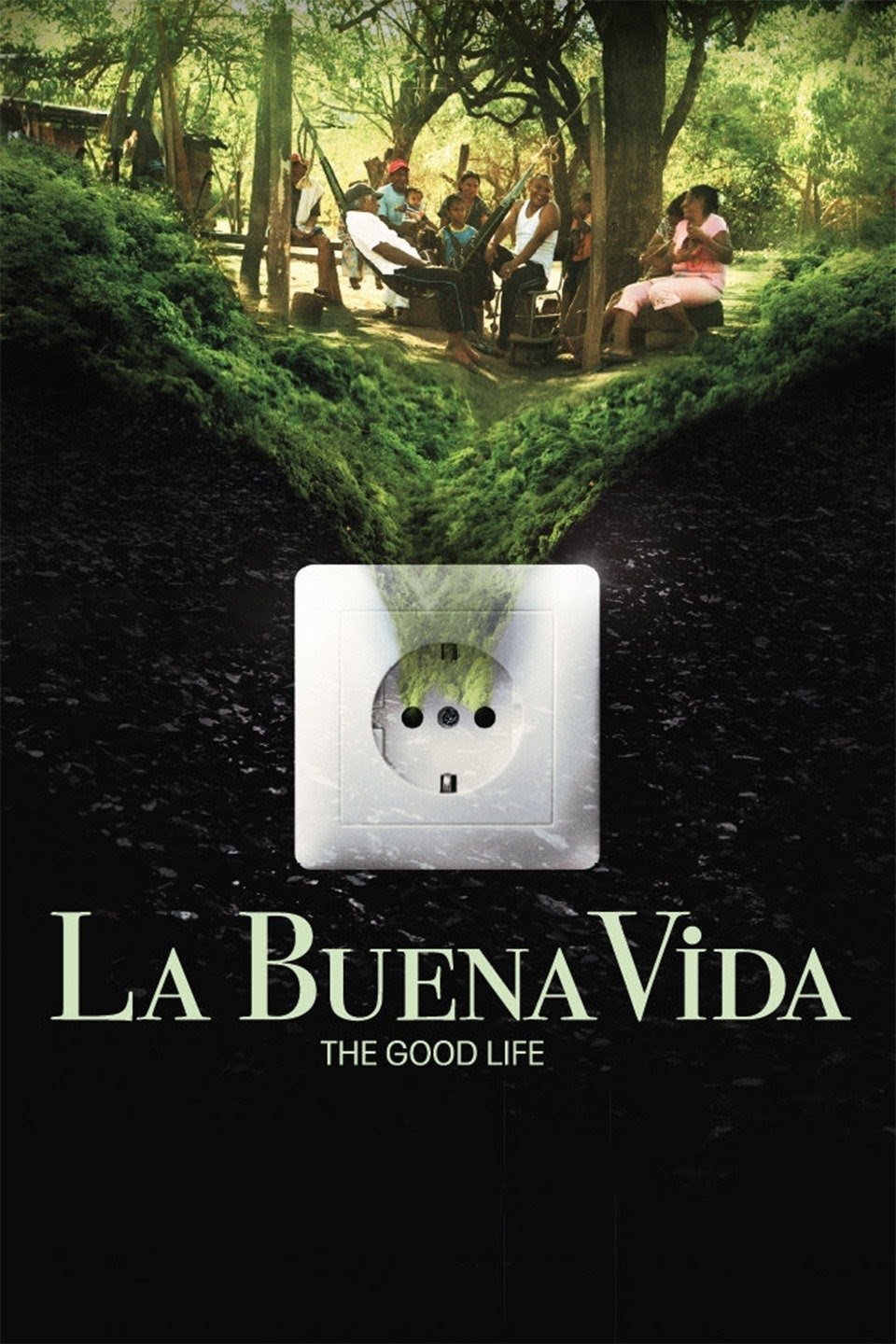
La Buena Vida - The Good Life
Released on: 2015-01-21
Documentary
The village of Tamaquito lies deep in the forests of Colombia. Here, nature provides the people with...

Our Algeria
Released on: 1959-01-01
Documentary, War
"Djazaïrouna", produced by the cinema service of the Provisional Government of the Algerian Republic...
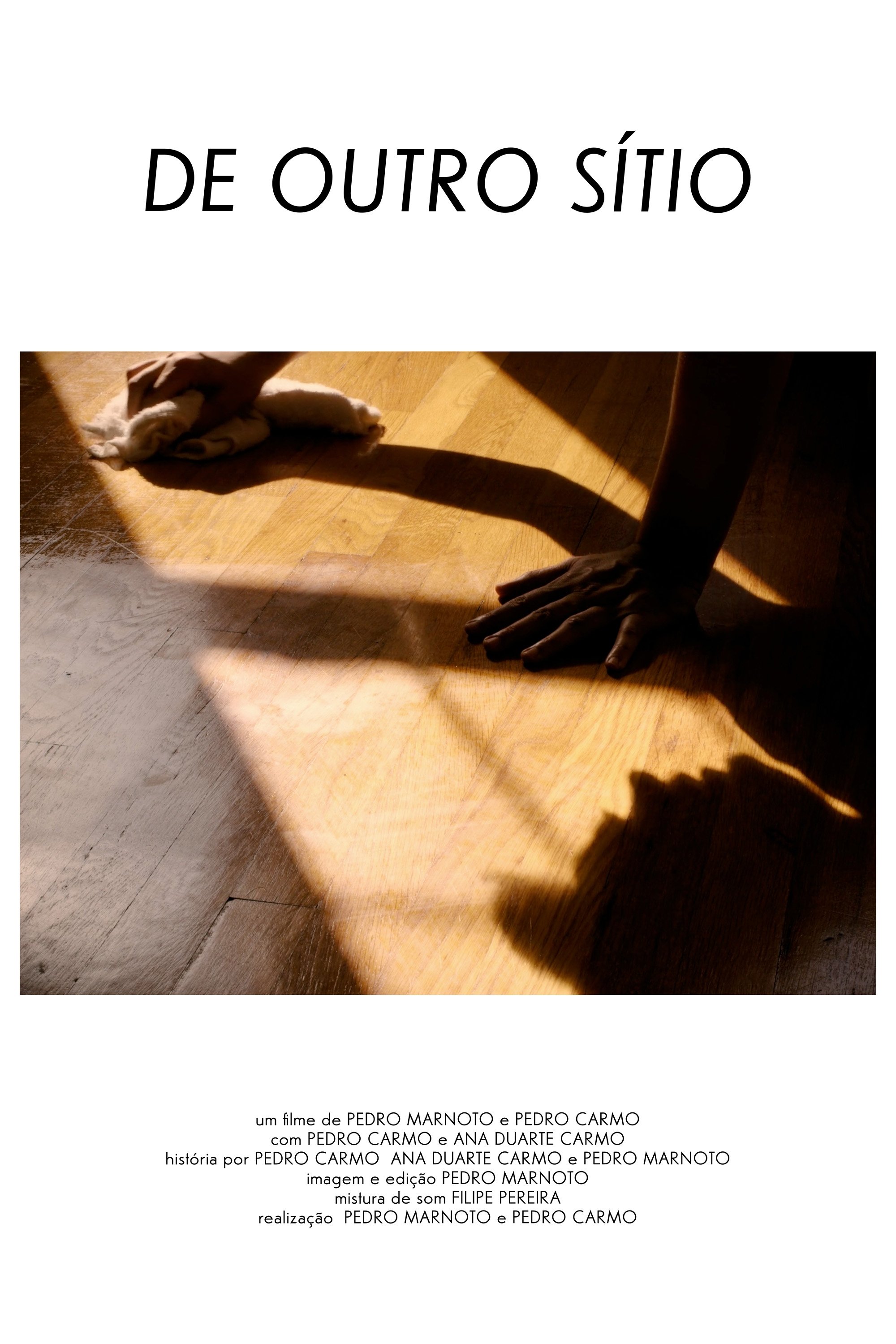
Of Another Place
Released on:
Documentary, Drama
On a Summer afternoon, Pedro packs the last few boxes before having to leave his apartment in New Yo...

